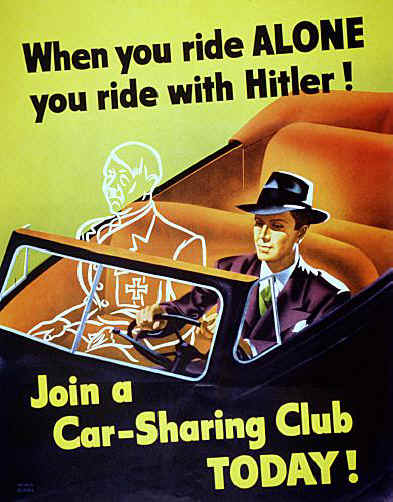I didn’t have any spare online time the last week or so, so I’m no longer current on the latest transition news. This was a good find just before, however. After it was confirmed that Melody Barnes would be the Director of the White House Domestic Policy Council under President Obama, TNR The Stump dug up a link to an op-ed she wrote in January 2007 for the WaPo — which was framed as the State of the Union address a progressive president might give.

She gives fashion advice too. Not kidding - the Washingtonian profiled her as one of "Ten Well Dressed Women".
Most striking about the piece is just how on message she already was for what would become the framing of Obama’s candidacy and presidency. No wonder she was picked for a top post.
Most encouraging is how she placed escalating income inequality right at the top of domestic policy priorities. What’s hopeful in particular is the way she presented it as the container issue through which other domestic policy questions are framed. Tackling the rapidly increasing concentration of resources in the hands of the few is not just a question of upping the minimum wage. It’s the basic challenge of socio-economic policy that major social issues like education and health care all tie back into.
The acknowledgment of this in Barnes’ piece does warm the progressive heart – both the urgency with which she posits the issue and the ability (and political will) to contextualise pressing sectoral issues like health insurance as more than just individual issues that have come up. Implicit is the understanding of these issues as part of a broader failure of the market economy, or at least of the lurch toward an ever less regulated market economy since the eighties.
A somewhat disappointing part of the piece is the contrast between the paragraphs on Iraq and health care. In both cases, the general diagnosis is solid. For Iraq, however, there is an unambiguous plan of withdrawal. On health care, on the other hand, it’s mostly what’s not mentioned that’s interesting. What to do about the uninsured? Who should ensure them? A state program or private insurers? If a state program, one that’s open to all, or just those without coverage now? Funded how? And if private insurers, how would they be compelled to do it? What about mandates?
A State of the Union obviously doesn’t need to dig way into the details, and a brief op-ed posturing as one cannot possibly do so. But some idea of what path of action she was imagining would have been instructive, especially since her portfolio will include health care and education.
The same goes for energy. The op-ed raises all the right points, but it’s wildly vague on courses of action and priorities. While the paragraph on science underneath includes a pointed reference to embryonic cell research, there’s nothing in the way of even a general approach (say, cap and trade) here.
Still, the fact that one of the top domestic policy advisors to President Obama actually authored an op-ed specifically imagining a progressive presidency is definitely encouraging. Barnes comes from the Center for American Progress, which might calm some nerves about the lack of progressive Obama appointments. The post she will fill is potentially a very powerful one. Now the only question is, what kind of influence will she be able to exert?

 CEO’s see the benefit so early they never even notice it. For the very successful, the key date may have been in May or June. But for most very successful Americans, when the cool weather rolls in and the Christmas music starts, they have another reason to celebrate: their pay increases. Their employers haven’t decided to be extra generous in November or December, but their pay will step up by over 6% for a few weeks or months. The more you make, the longer your pay increases. Why does this happen? They exceed the Federal Insurance Corporation of America (Social Security) tax threshold.
CEO’s see the benefit so early they never even notice it. For the very successful, the key date may have been in May or June. But for most very successful Americans, when the cool weather rolls in and the Christmas music starts, they have another reason to celebrate: their pay increases. Their employers haven’t decided to be extra generous in November or December, but their pay will step up by over 6% for a few weeks or months. The more you make, the longer your pay increases. Why does this happen? They exceed the Federal Insurance Corporation of America (Social Security) tax threshold.





